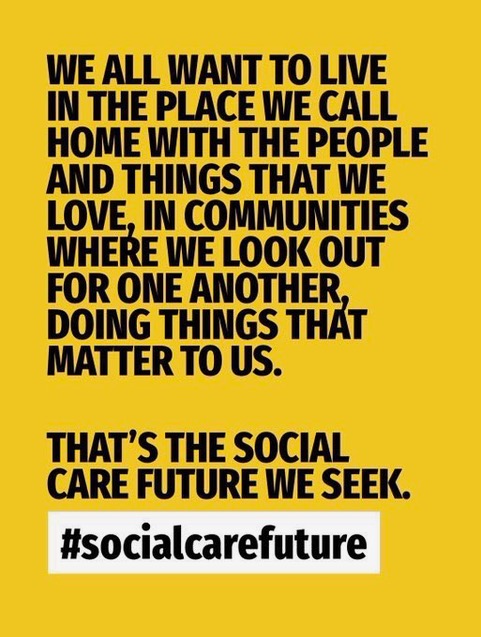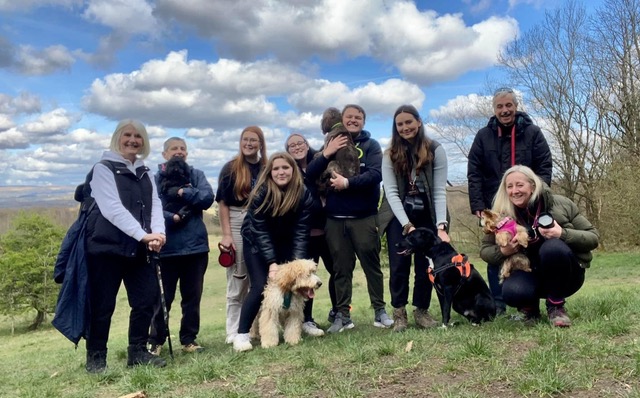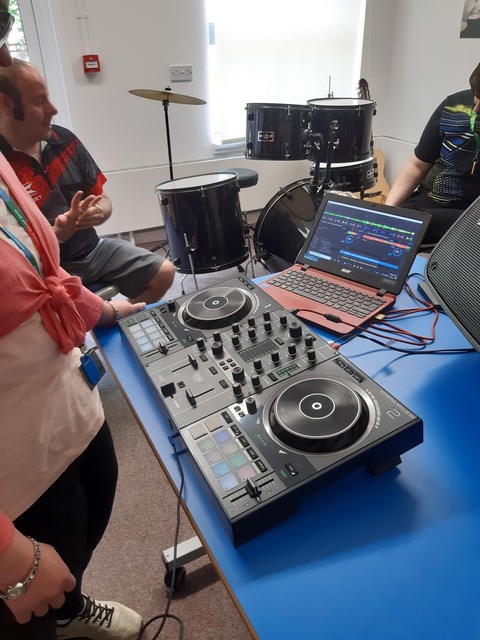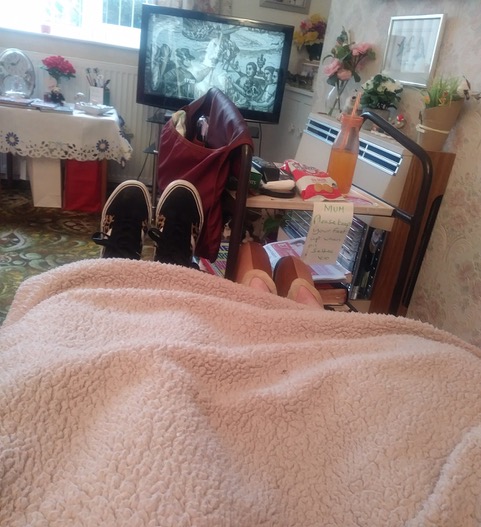Written by Max Neil, Community Circles Co Founder with comment from Peter Crane

Today I’m sharing with you the thoughts of Peter Crane; an advocate of inclusion. He and his family have in the past made great personal sacrifices in the campaign for inclusive education for his son Niki. Pete is also someone who is always keen to promote Circles of Support and to find ways to make these more enduring, his desire to share this practice with other families and his practical experience in helping people build Circles has inspired the work that led to the founding of Community Circles.
Pete is deeply interested in the Mental Capacity Act, and believes that Circles are an ideal mechanism that can be used to demonstrate compliance with this act.
Compliance with the Mental Capacity Act is important. Peter felt it was of great significance that the abusers at Winterbourne View were prosecuted under its provisions.
The reality is however that non-compliance, and a woefully poor understanding of the Mental Capacity Act, is still deeply prevalent in both statutory and private services for disabled and elderly people across the country.
One key way this compliance might be demonstrated through Circles is because this method of meeting and thinking together involves a range of people who are part of the Circle because they care about the person. While each individually might have their own agendas and points of view, organising into a Circle is the best way to keep the person at the centre, and for decision making to happen in a way that is in the best interests of the person (rather than in the interests of the service that supports them, or for the convenience of the bureaucracy of the service system).
Because Community Circles usually use person-centred thinking tools that keep a record of all the issues that have been discussed and the decisions that have been made, they produce what Pete calls a ‘person-centred audit trail’ that can (and already have) been used to show that decisions made by the Circle have been made in a way that complies with the person’s rights and the law. Pete also feels that Circles could be a powerful force for mobilising advocacy with the person:
Pete writes: “Sometimes I just follow some of the threads that my little network send through to my computer – one such was a link to the select committee now taking place at the House of Lords into why the 2005 Mental Capacity Act is being ignored.
I have been following this for a while now but the latest evidence provided by senior people within the social work profession brought out some points that they are struggling with – I believe that we (we as in Community Circles) have the answers!
I have attached the transcript here so that you can see for yourself the context of the following points but in essence three main points were often referred to:
1. The fact that the medical profession and health professionals simply cannot at the moment understand the concept of ‘working with’ patients (rather than doing stuff to them) – and this is a big reason why the Mental Capacity Act is not being followed.
2. The fact that social workers are not expected to ‘show the workings out’ of how and why they have reached a particular decision under the MCA – and linked to this an emphasis within the social work profession that ‘safeguarding’ is the most important consideration in any situation. The present way of working requires social workers to come up with the ‘safest’ solution in order to ensure no public complaint if anything should go wrong.
If we can show the social work profession how Community Circles could become one way of having a ‘person centred audit trail’ – and therefore become empowered to both follow the MCA and evidence safeguarding issues – it should both support the development of Community Circles and lead to more families like mine having a good life. In other words Community Circles would become an accepted way of being able to show the ‘workings out’.
3. The evidence supplied to the Committee also highlights a point that is close to my heart – for people like my son Niki (i.e people with a label of PMLD) ‘advocacy’ does not exist or work in its present form. This has now been stated quite openly in the House of Lords. How we need our hero Jim Mansell to pick up on this and bash some heads together until we get it sorted!!
At the moment the problem with advocacy for people like my son is that everyone has an ‘agenda’ – even when they are supposed to be representing him in the system.
If the personal budget (which all people with PMLD must have) was seen as the source of advocacy funding (rather than a pooled Local Authority system as presently exists) then someone is being directly paid by the person to do what they want and what they need – in other words, the right advocate at the right time for the issue being sorted.
My dream is that everywhere there could be a list of possible Community Circles facilitators available to people and their families – and that people will easily be able to find a good advocate to navigate them through – and support them with – whatever issue or situation that they think needs sorting out. These good people would be paid for the advocacy, support and knowledge that they have via the personal budget – and the system will at long last be able to say that real independent and meaningful advocacy is now available to people with PMLD and their supporters.”
If you would like to share your thoughts on the compliance of the Mental Capacity Act or the use of Circles to improve its application and people’s understanding then please like us on Facebook and follow us on Twitter.






